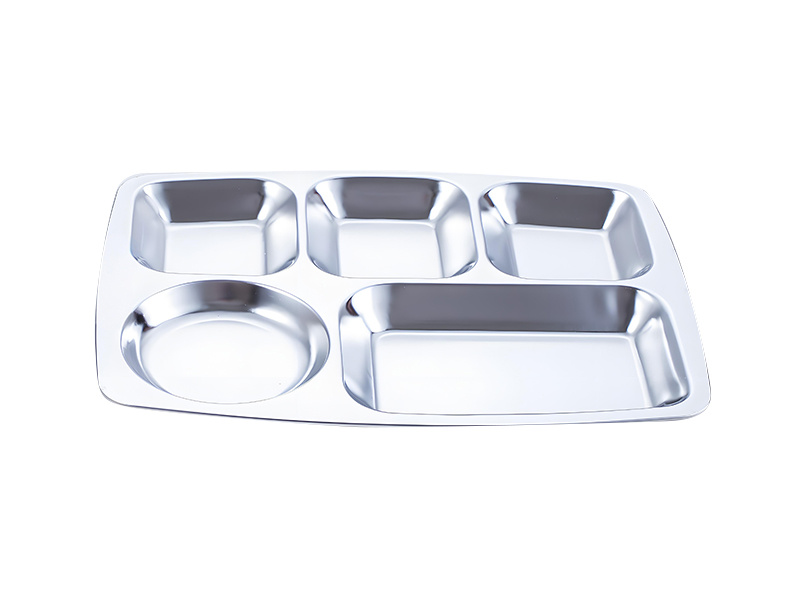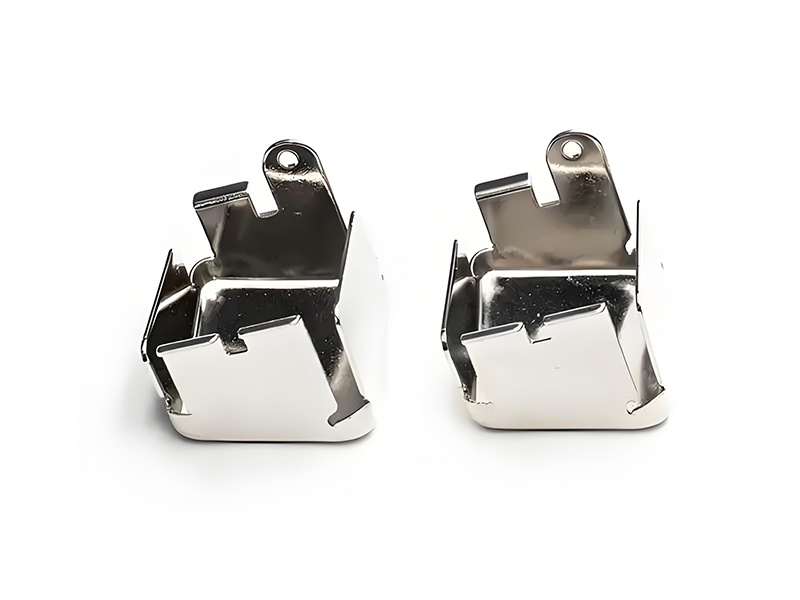

304 stainless steel features
1.Chemical composition and organizational structure
High chromium nickel content: 18% chromium (Cr), 8% nickel (Ni), forming a stable austenite structure, giving the material basic corrosion resistance and mechanical properties ;
Low-carbon design: carbon content ≤ 0.08%, effectively reducing the risk of intergranular corrosion, especially suitable for welding scenarios.
2.Core Performance Benefits
Corrosion resistance
It has strong corrosion resistance to oxidizing acid (such as nitric acid, acetic acid) and weak alkali environment, and remains stable in boiling nitric acid with concentration ≤ 65%;
Excellent intergranular corrosion resistance, and the corrosion resistance can be maintained without heat treatment after welding.
Heat and low temperature resistance
The use temperature covers -196°C to 800°C, strong oxidation resistance at high temperature, and stable mechanical properties in low temperature environment;
High temperature oxidation resistance makes it suitable for high temperature equipment such as boilers and heat exchangers.
Machining and formability
Excellent cold/hot working performance, support stamping, bending and other processes, no heat treatment hardening phenomenon ;
Good welding performance, suitable for a variety of welding technology, welding parts are not easy to embrittlement.
3.Physical and mechanical properties
High mechanical strength: high tensile strength at room temperature, wide application of thin plate, can reduce the amount of material ;
Surface finish: through polishing or cold rolling treatment can achieve high smooth surface, to meet the decorative and hygienic requirements (such as kitchen utensils, medical equipment) ;
Non-magnetic: The austenitic structure makes it non-magnetic at room temperature, suitable for scenarios such as electronic equipment.
4.Application areas
Industrial equipment: chemical reactors, food processing equipment, pharmaceutical machinery;
Construction and home: door and window accessories, kitchen utensils, bathroom hardware, decorative panels;
Energy and transportation: solar mounts, car exhaust pipes, ship parts.
5.Limitations
-Chloride ion sensitive: in chloride-containing environment (such as seawater) prone to pitting or stress corrosion, need to use higher grade materials (such as 316 stainless steel) to replace
High cost: Compared with ordinary carbon steel or 200 stainless steel, nickel content leads to an increase of 25% in raw material costs.
304 stainless steel has become one of the most widely used stainless steel materials in industrial and civil fields by virtue of its balanced performance combination.
Stamping forming
Process principle
Stamping refers to the press and die on the plate, strip, pipe and profile, such as the application of external force, so as to produce plastic deformation or separation, so as to obtain the required shape and size of the workpiece (stamping parts) processing method. The blanks are mainly hot-rolled and cold-rolled steel plates and strips.
Application areas
Stamping process is widely used in automotive, aviation, electronics, home appliances and other fields. In the automotive industry, it is used to manufacture body, chassis and engine parts; in the aerospace field, it is used in the production of fuselage structural parts and engine parts; in the electronic and electrical industry, it is used to produce various precision metal parts, such as connectors And terminals; in the home appliance industry, it is mainly used for the processing of home appliance shells and internal brackets.
Features
It has the advantages of high production efficiency, high material utilization and low cost.
The stamping process is developing in the direction of intelligence and automation, with the help of robots and automated production lines to improve production efficiency and product quality.
With the development and application of new materials, such as the use of high-strength, lightweight materials, to meet the increasing demand for product performance.
The development of precision forming technology makes it possible to produce parts with high precision and complex shapes.
Stretch molding
Process principle
Stretch forming is the 1 technology to improve on forming die-take-off structures. The stretch forming die is composed of a concave die, a convex die, a blank holder, a top plate, a spring, a screw, etc. During the stretching process, the mold exerts an external force on the plate to cause plastic deformation, thereby obtaining a workpiece of the required shape and size.
Application areas
In the field of plastic processing, stretch molding equipment is used to manufacture various plastic products, such as bottle caps, beverage bottles, plastic bags, etc.
In the textile field, stretch molding technology is used for fiber drawing, which melts polymers and stretches them into fibers, and is widely used in the manufacture of textiles such as clothing, carpets, and fabrics.
In the field of packaging, stretch molding equipment is used to manufacture plastic packaging materials, such as stretch film, plastic beverage bottles, etc.
Stretch molding is also widely used in rubber, metal, glass and other fields, such as the manufacture of rubber film, pipe, aluminum foil, metal wire, optical fiber, etc.
Features
Under the action of the spring, it can automatically unload parts, improve the efficiency of unloading parts, and do not damage parts.
The mold structure is simple, reducing manufacturing costs and shortening manufacturing cycles.
Easy to use and maintain.
Service process
Online consultation
Provide pattern
Factory Quotation
Down payment
processing production
outbound inspection
Delivery complete
After-sales service
FAQ
Can I have my own custom product?

Yes. oem and odm can be provided, including design, logo, packaging, etc.

What is the minimum order quantity?

It depends on the product.

What are the terms of payment?

Wire transfer or letter of credit, Western Union, Alipay, etc.

When is the delivery time?

Inventory orders within 7-15 days, for oem and odm orders, the specific time depends on the actual situation.

Can I take samples for testing?

Yes, samples can be sent for testing before bulk ordering.

Do you have pre-shipment inspection procedures?

Yes, we always test the products before delivery.
Plant scene



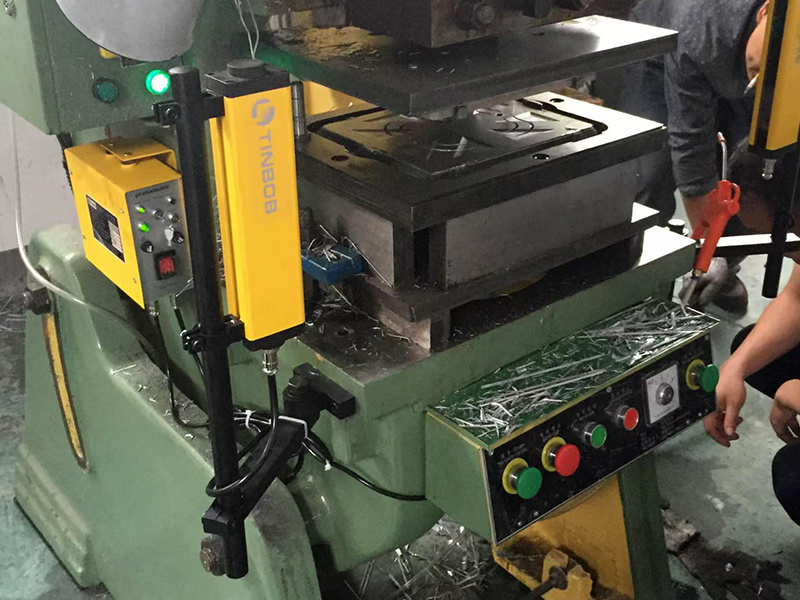
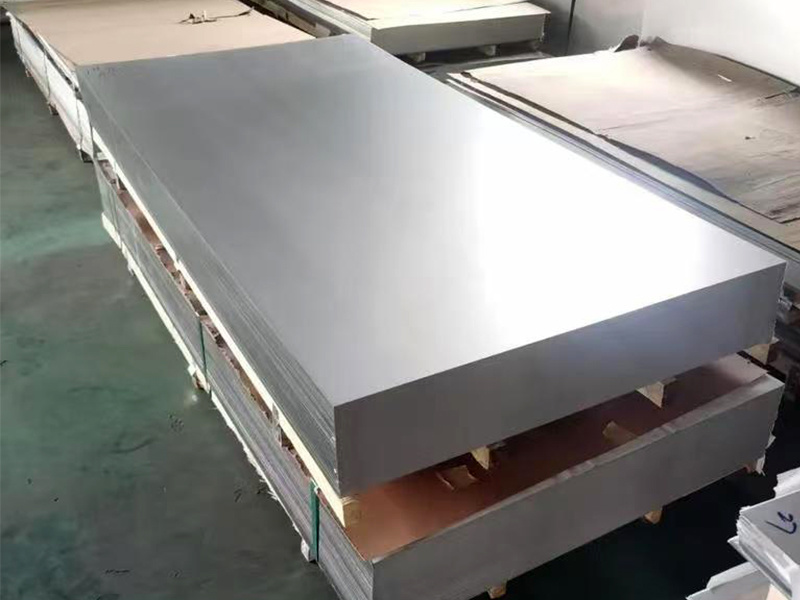
Keywords


Hold card
Contact Us
Classification
Get A Quote
NOTE: Please leave your email, our professional person will contact you asap!
Recommend product
Stainless steel electrical accessories


